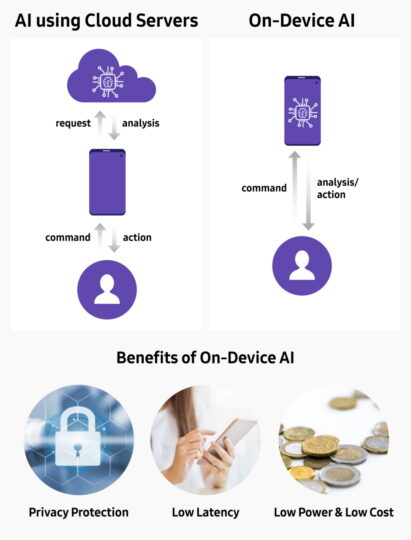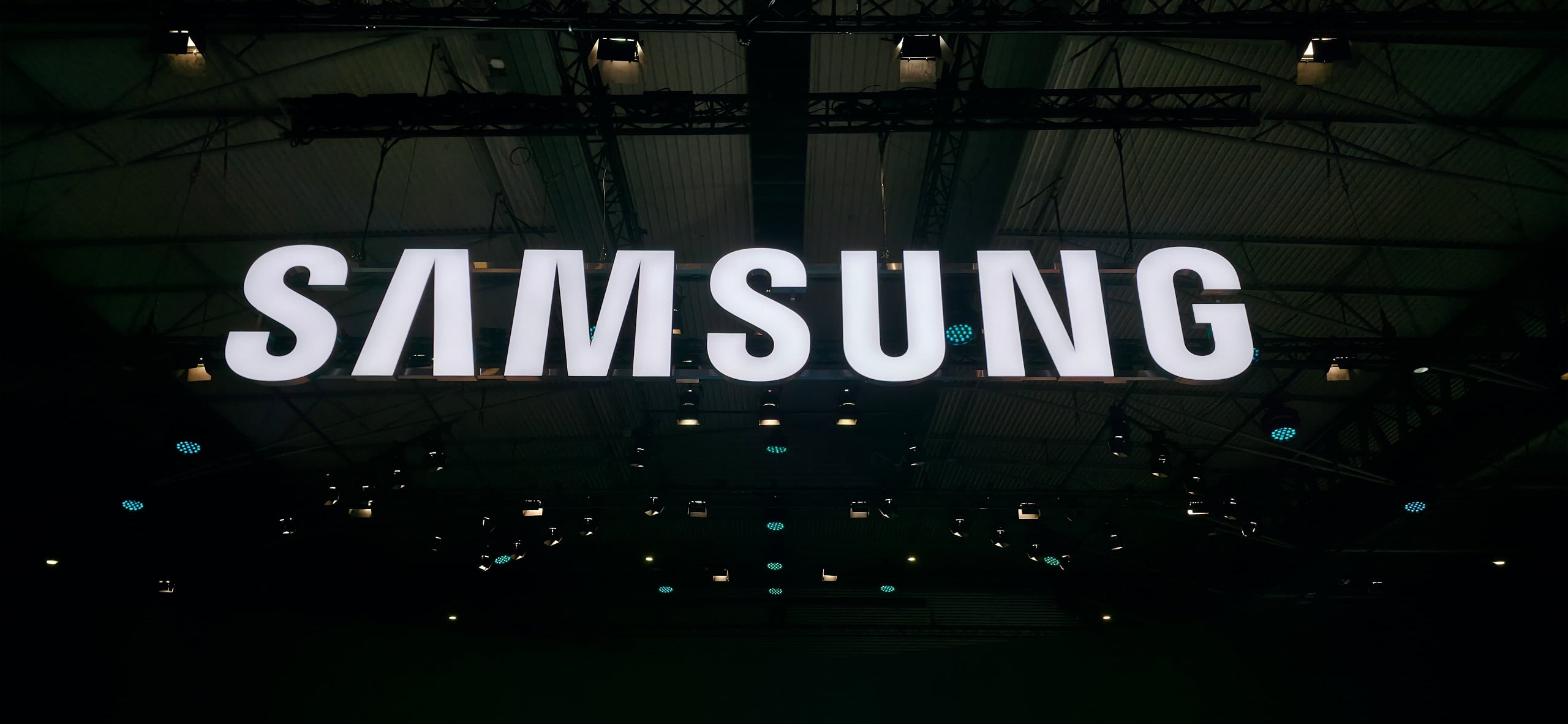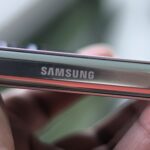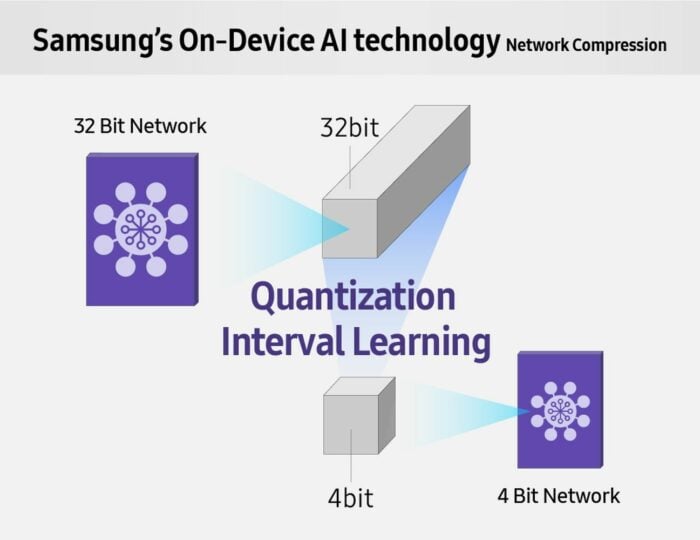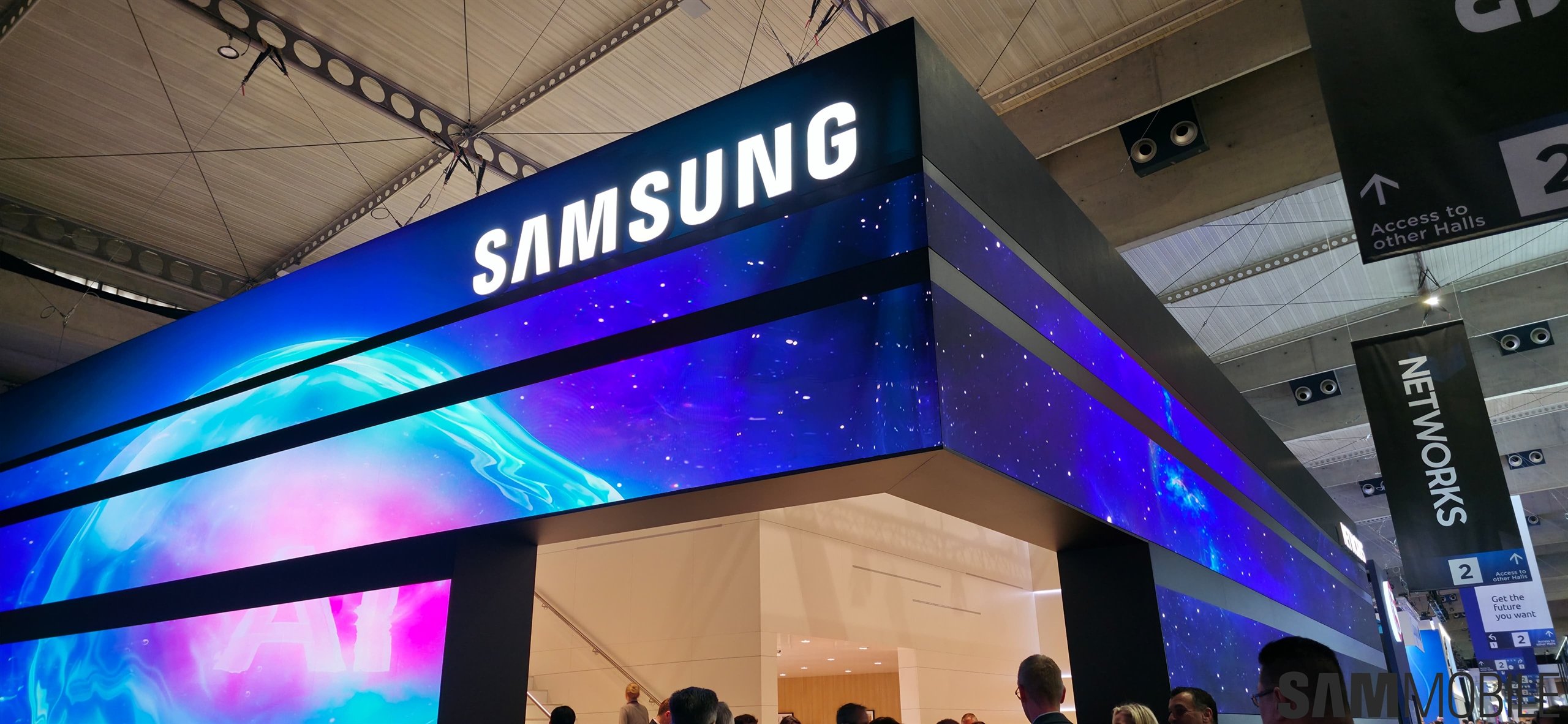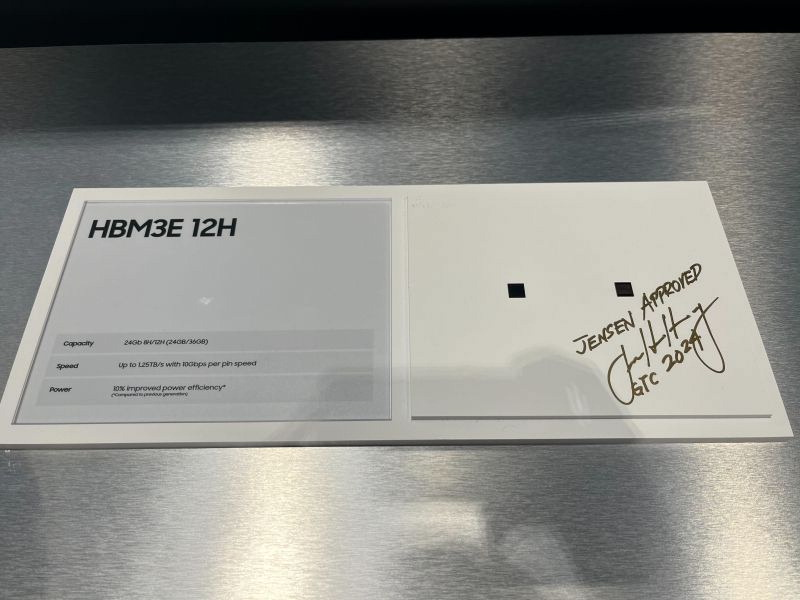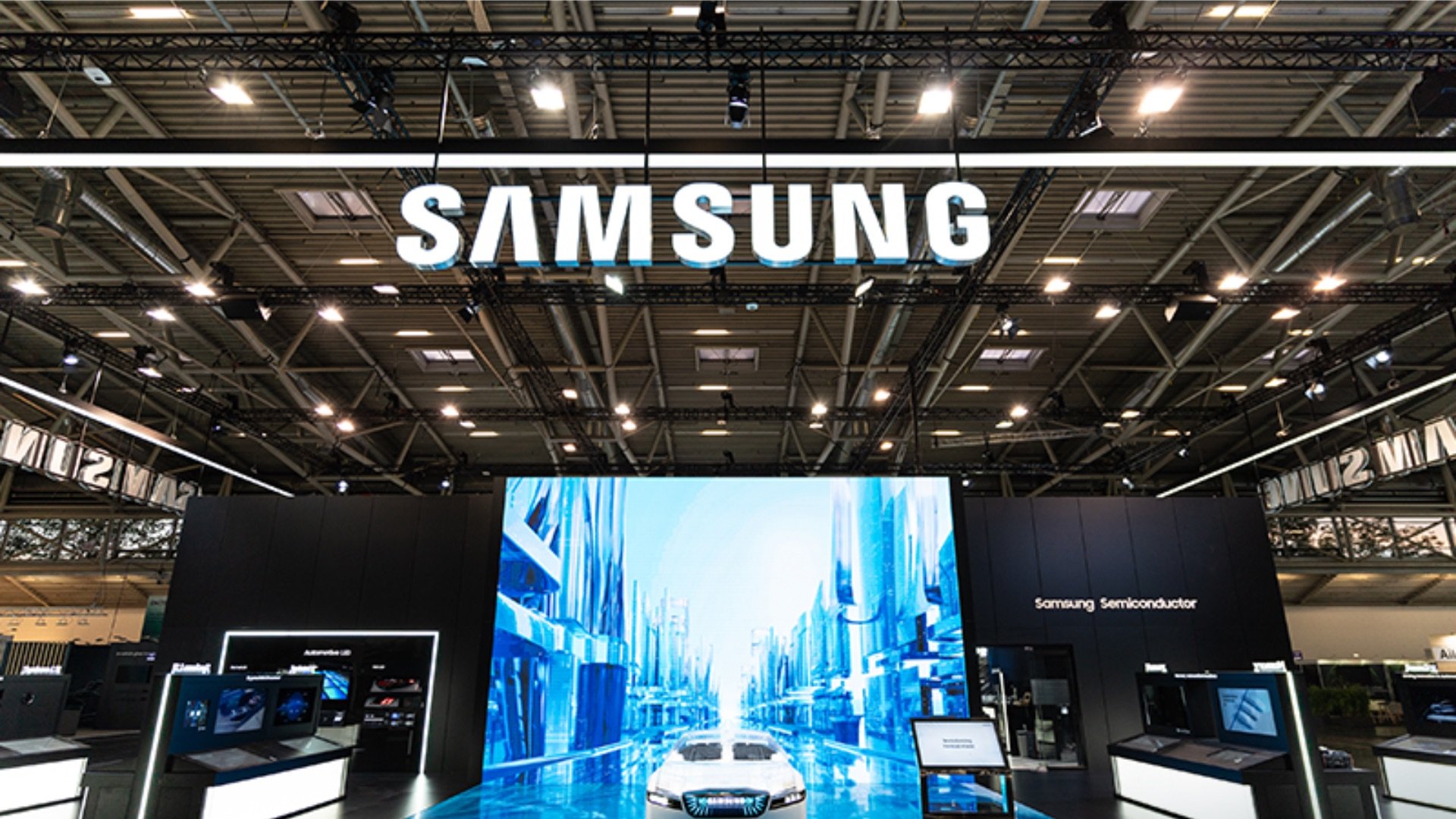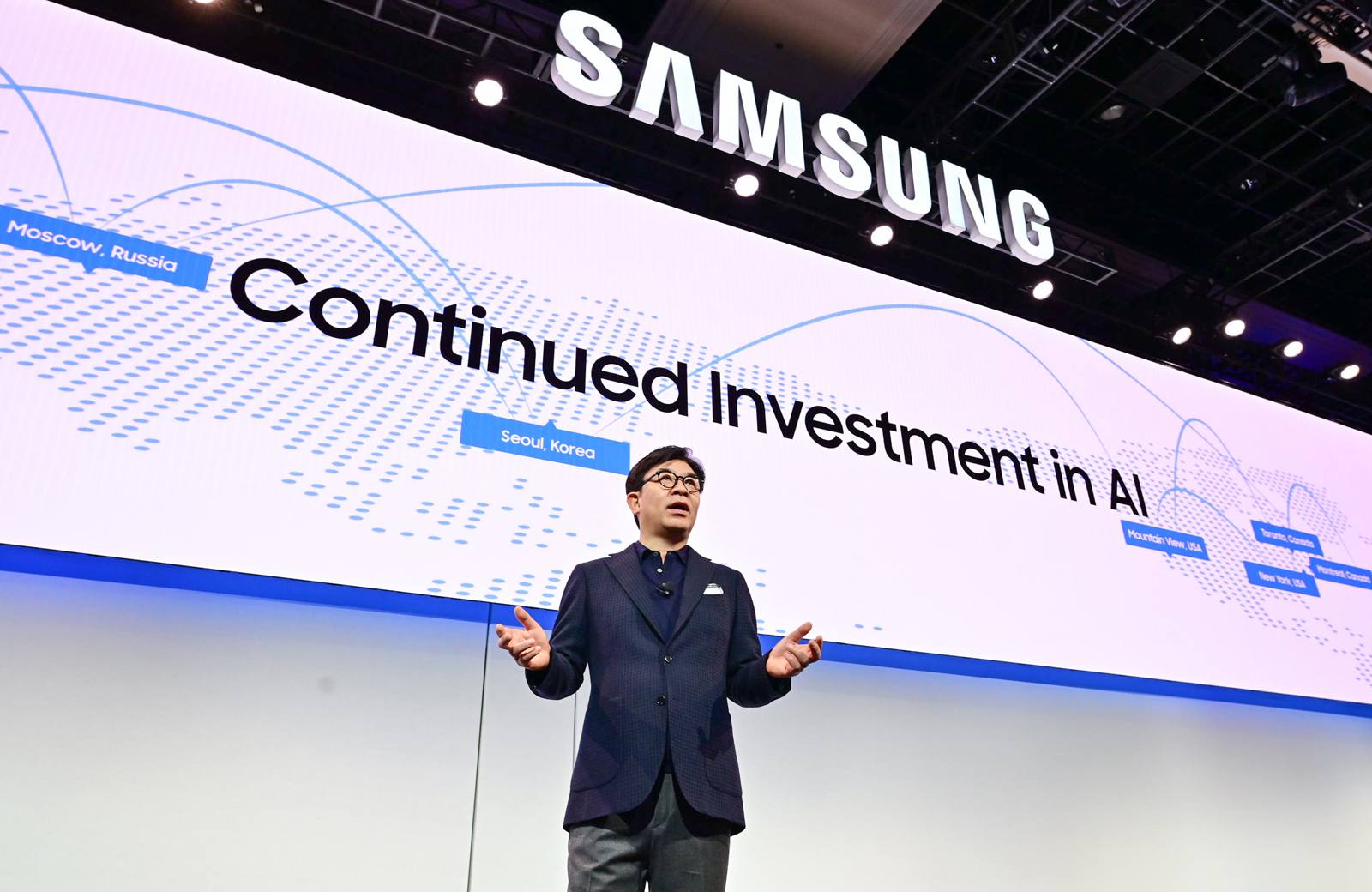
This increase in performance and energy efficiency has been achieved “by adjusting the data into groups of under 4 bits while maintaining accurate data recognition,” or what the company calls Quantization Interval Learning (QIL). Computations performed using the QIL process can achieve results similar to existing solutions while requiring 1/40 to 1/120 fewer transistors.
This method of compressing data into bit groups of 4 bits or lower allows for thousands of deep learning computations to be processed at the same time. It also allows for “and” and “or” computations to be performed in addition to arithmetic calculations such as multiplication.
Smartphones will become smarter and independent of the cloud with better On-Device NPUs
While Samsung hasn’t revealed exactly when this new solution will reach the market in consumer-grade devices, the company strongly hinted at its inclusion in smartphones at some point in the future. The new deep learning algorithm requires less energy and hardware, meaning that it can be adopted by On-Device NPUs “at the place where the data for an image or fingerprint sensor is being obtained.”
The Exynos 9820 chipset is the company’s first to feature an integrated proprietary NPU and it already expanded the capabilities of the Galaxy S10 series with enhanced photography and more advanced Augmented Reality features.
With a faster, less demanding On-Device solution now being in the works, we can only expect that features such as photography and AR will become smarter, faster, and more accurate with the new generation of devices.
But Samsung won’t stop at mobile chipsets. The company also revealed that it wants to apply this new deep learning algorithm to memory and sensor solutions in the near future. “We will live in a world where all devices and sensor-based technologies are powered by AI” according to the VP of Computer Vision Lab of SAIT, Chang-Kyu Choi. And the future is all about embracing On-Device AI technologies rather than relying too much on cloud-based AI solutions.